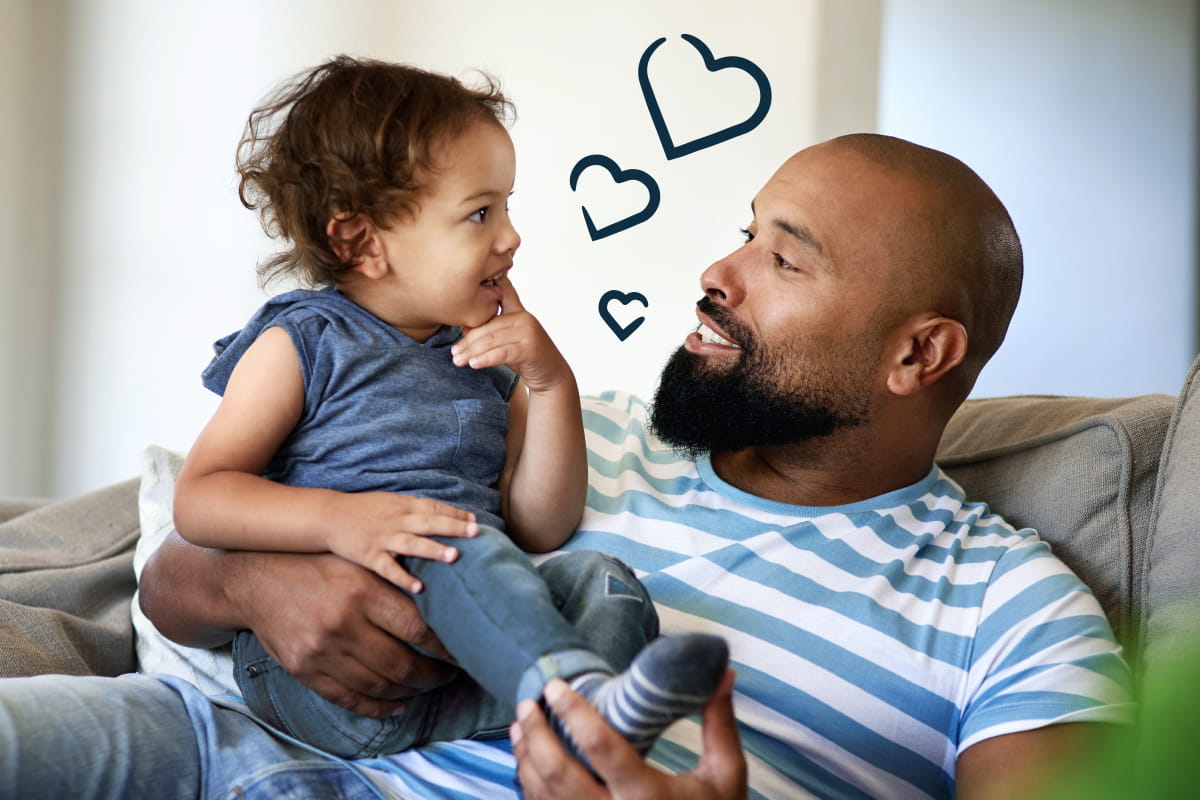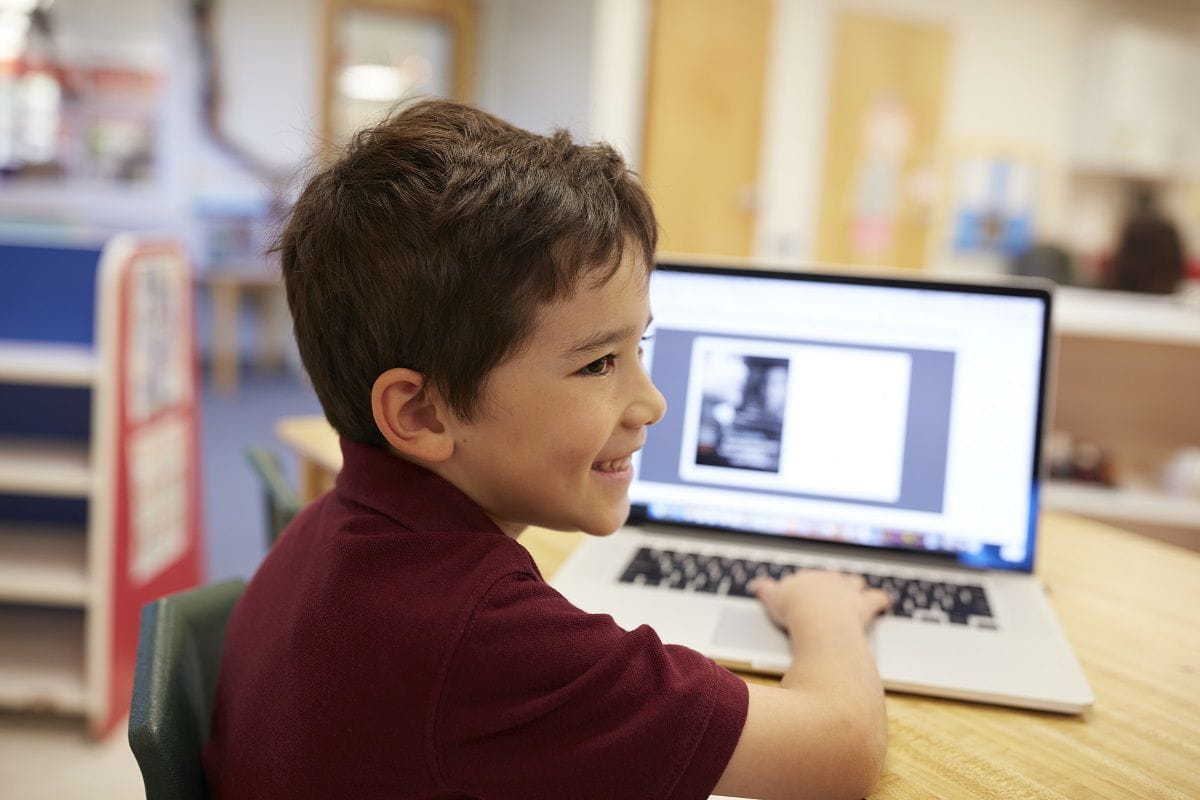Talking with children about coronavirus

This was published at the start of the COVID-19 pandemic in March 2020, however the tips and book recommendations about germs and staying healthy remain great resources.
Talking with children about worrisome or complex topics—like coronavirus—can be tricky. You’ll want to give them information they can manage without fueling anxiety.
Talking with children about worrisome or complex topics—like coronavirus—can be tricky. You’ll want to give them information they can manage without fueling anxiety.
Your kids might already be hearing about coronavirus from television, radio, online resources, or in conversations adults are having around them. Getting some clarity about it from the people they know and trust (you!) is important. So, how can you help your kids understand big issues like this and process their feelings? We’ve got some tips:
Help kids process coronavirus information in 3 simple steps:
1. Pay attention to what you’re hearing from your children and focus on what they’re thinking about most.
2. Correct misinformation. For example, if a child tells you they’re afraid of contracting the virus themselves, help them understand that most children aren’t harmed from this virus, but we should do what we can to not spread germs.
3. Remind kids that you are always here to help them understand things.
Give honest, simple answers to their questions:
What is coronavirus?
It’s a type of germ that can make us feel sick.
Who can catch it?
Who can catch it?
People of any age.
Where did it come from?
No one is really sure.
Why are people so nervous?
When we don’t understand something very well, it’s normal to feel overwhelmed or worried. Even though we don’t know everything about coronavirus, we are learning more about it every day.
How can we stay healthy?
Practice healthy habits like washing hands, staying away from people who are sick, and staying home if we don’t feel well.
Make new routines clear and fun:
• Get children excited about the things they can do to help prevent the spread of germs. For example, pick a song your kids can sing while washing hands. This will help them wash for the recommended 20 seconds and give them something to look forward to while we all increase practicing this healthy habit.
• Help children prepare for new and changed routines. For example, talk with them about how drop-off and pick-up routines at KinderCare have changed, and give them assurance that their teachers will be there to help them. In fact, teachers have been given resources for helping kids navigate the new routines, so they are prepared for the different ways in which children might be coping.
Look to books for talking with children of all ages about germs and staying healthy:
• Baby through Pre-K: Germs Are Not for Sharing by Elizabeth Verdick, illustrated by Marieka Heinlen
• Preschool and Pre-K: My Hands by Aliki
• Baby through Preschool: Diapers Are Not Forever by Elizabeth Verdick, illustrated by Marieka Heinlen
• Preschool and up: Why Should I Eat Well? by Claire Llewellyn and Mike Gordon
• Preschool and up: Amazing Body: A First Look at Health and Fitness by Pat Thomas, illustrated by Lesley Harker
• School-Age: Impatient Pamela Learns About Germs by Sarah Overland, illustrated by Aaron Conway
Keep the lines of communication open with your kids, and remember, it’s okay to not know all the answers.





